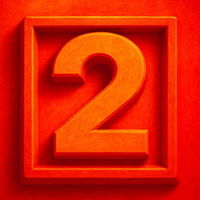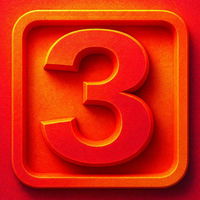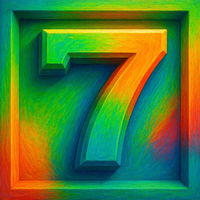
Esperantaj Nombroj Trivia Quiz
Esperanto Numbers
This is a match quiz of the 12 fundamental cardinal numbers in Esperanto. With these twelve words, you'll be able to count from 1 to 999,999, which should keep you busy for a few weeks... unless you lose your place during naps. Enjoy!
by JJHorner.
Estimated time: 3 mins.
- Home
- »
- Quizzes
- »
- World Trivia
- »
- Languages
- »
- Esperanto











